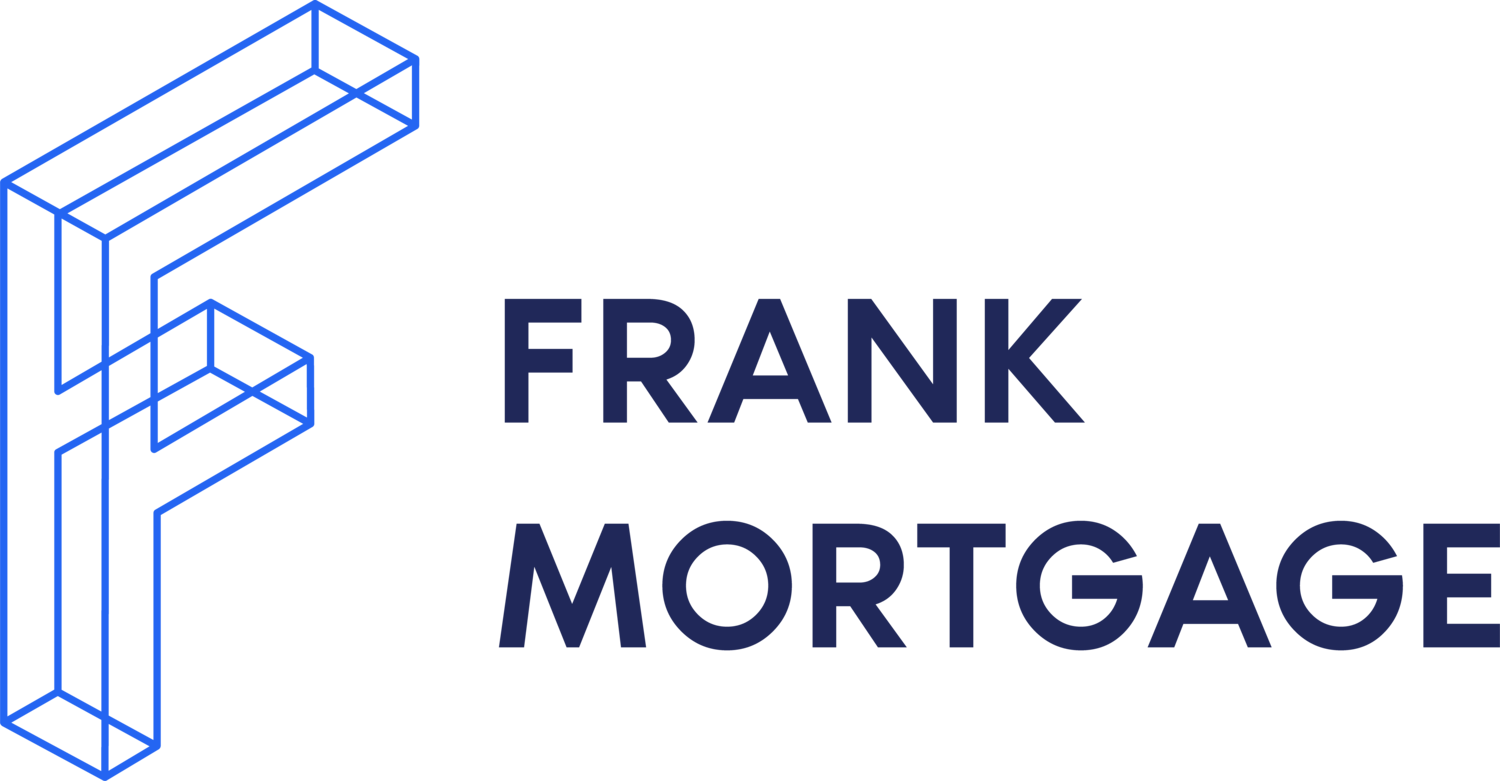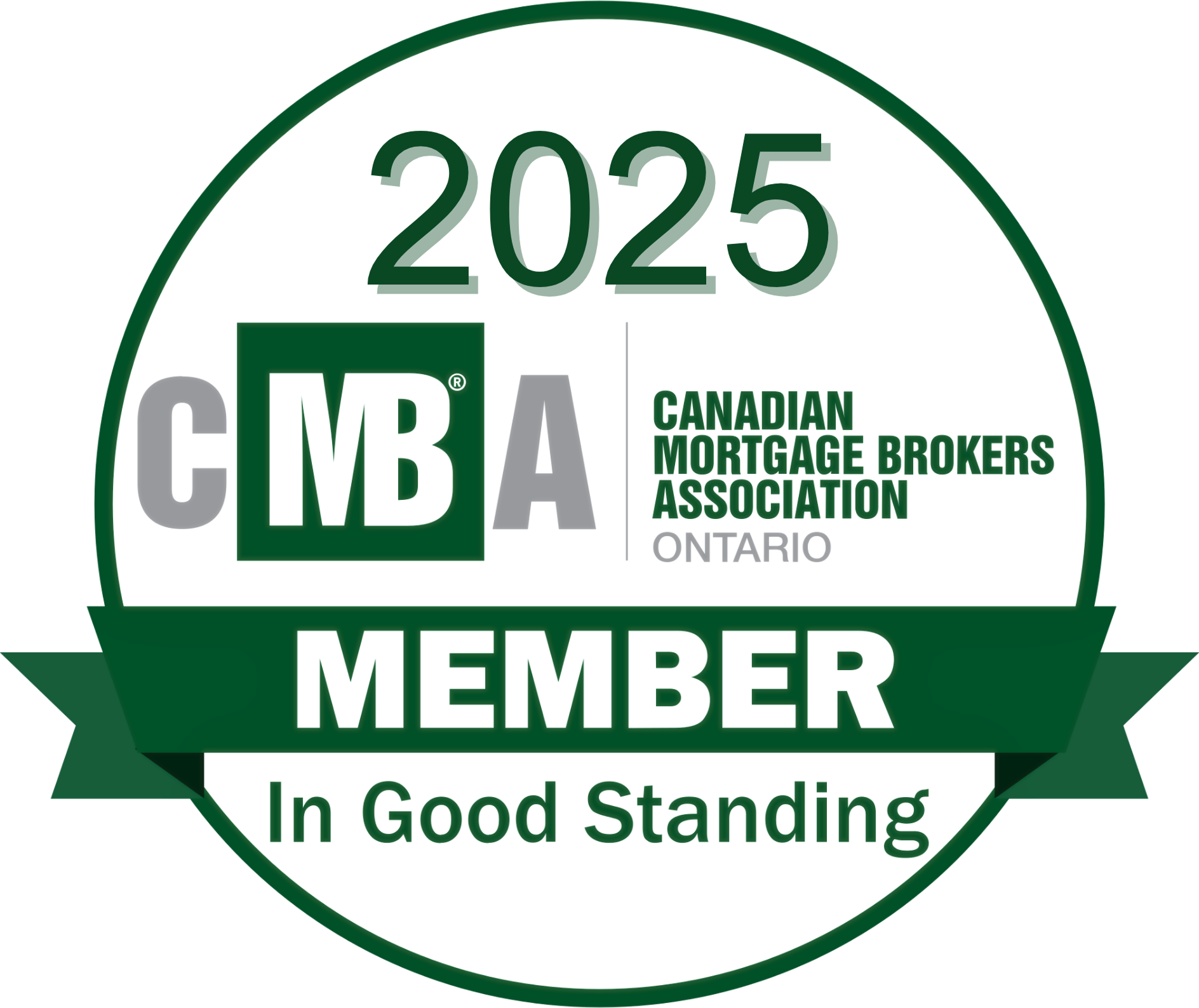By George Holicka
•
January 27, 2026
What are Canadian mortgage rates going to do in 2026? We expect mortgage rates to remain fairly stable through 2026. We think that the Bank of Canada will hold rates steady for much of the year, though some analysts are calling for hikes in the latter half of the year. Bond yields are also expected to remain stable, meaning that fixed mortgage rate should not move much. Predictions are difficult and the markets are sending mixed signals right now. Read on to find out what this might all mean? 2026 Mortgage Rate Prediction Mortgage rates should remain within a close range near current rates for most of 2026. Variable mortgage rates will follow the Bank of Canada rates, which are expected to remain flat for the first half of the year. Bond yields could fluctuate with economic news and fixed mortgage rates will follow but are likely to remain within the high-3% to mid-4% range, absent any significant economic surprises. Variable Mortgage Rates in 2026 We expect variable mortgage rates to remain mostly unchanged in 2026, potentially increasing by 0.25% to 0.50% if the Bank of Canada hikes toward year-end. The one huge caveat to this is that if the ongoing trade discussions with the US go poorly, weakening Canada’s economy, there may be an incentive for the Bank of Canada to make some cuts, as long as inflation remains under control. We do not hope for this poor economic news so prefer to not predict it to be likely. Variable mortgage rates are now below fixed mortgage rates and should remain there for the time being. We anticipate five-year variable mortgage rates for the best borrowers to range from 3.4% to 4% throughout the year, depending on any policy shifts. Fixed Mortgage Rates in 2026 We do not expect much change in fixed mortgage rates in 2026, but there is a risk that fixed rates could increase. Bond yields have already priced in limited Bank of Canada cuts and have been stable lately. The recent stability in the US 10-year Treasury yield around 4.2% suggests the bond market is cautious about further cuts. In Canada, bond yields are exactly where they were one year ago, with the five-year Canada bond at 2.88% in late January 2026. We must pay heed to those signals since fixed mortgage rates depend on the bond market. We anticipate five-year fixed mortgage rates to range between 3.7% and 4.3% for most of the year. We rely on market inputs to generate our own expectations for mortgage rates in 2026. Those key inputs include: The Bank of Canada has indicated the current overnight rate of 2.25% is "about right" to keep inflation near 2%, but stands ready to respond if needed; Economists are forecasting moderate Canadian economic growth, which may not require further stimulus; The US Federal Reserve is expected to cut rates gradually in 2026, potentially two to three times, but with uncertainty from trade policies; The US 10-year Treasury yield has hovered around 4.2% in early January 2026; Canadian 5-year bond yields are around 2.88% in late January 2026, flat to a year ago and showing no signs of a downward trend; and Excessive government borrowing puts pressure on bond yields to rise to entice investors to buy the large volume of government debt There are many risks that are not priced in yet that could materialize. Economic weakness or tariff impacts could prompt more rate cuts and lower bond yields. The trade agreement between Canada, Mexico and the US expires this year and needs to be renegotiated. Economic strength or resurgent inflation could lead to hikes and higher rates. There are also political and geopolitical risks that are making headlines that are not in our area of expertise. They are difficult to predict but could significantly impact our interest rate markets in 2026, a year currently marked by uncertainty. What Happened to Mortgage Rates in 2025? In 2025, Canadian fixed mortgage rates remained relatively stable, declining by a modest 0.20% through the year. Canadian variable-mortgage rates declined by 1.0%, in lockstep with the Bank of Canada reducing their target rate by the same amount in 2025. The Canadian market entered 2025 with expectations for gradual Bank of Canada cuts, which materialized with reductions totaling 1.00% from January through October. The first cuts came in January and March (0.25% each), followed by holds through summer, then additional 0.25% cuts in September and October. The end result was a reduction in the overnight rate to 2.25% where it remains as we embark on a new year in 2026. The Bank of Canada rate cuts in 2025 had the expected direct impact on variable mortgage rates, which dropped by the same amount. Fixed rates are ‘forward-looking’, so they moved in anticipation but stabilized as cuts slowed. As the chart shows, fixed mortgage rates have levelled off over the past year.







